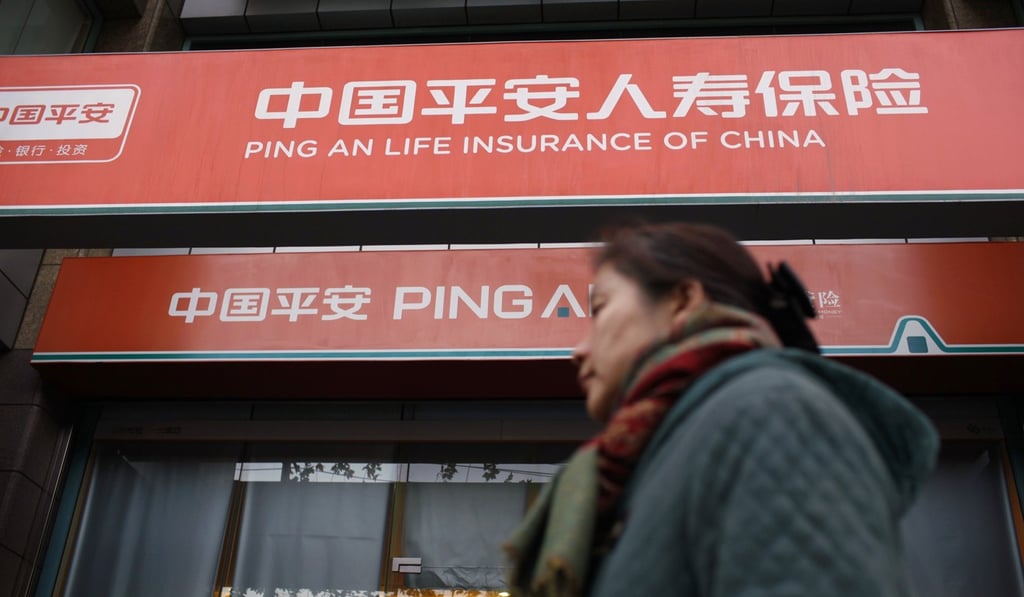White Collar | China’s top insurers ploughing billions into fintech
China Life teams up with Baidu on AI-related technology companies and internet finance operations, while Ping An pledges US$1bn a year to upgrade its hi-tech abilities

China Life and Ping An Insurance, the country’s two largest insurers, have both been focusing heavily on investment in technology, and now it appears artificial intelligence (AI) may becoming more important than sales agents across the sector, as premium income continues to soar.
Traditionally, insurers have relied on armies of agents to sell their products.
This is particularly the case for life companies, many of which still employ thousands of agents to sell products to friends, relatives and contacts – sales very much driven by relationship building.
The nation’s largest insurer China Life still has 1.58 million agents, while number two Ping An has over 1.1 million, and both have previously made much of the fact they plan to expand those sales forces in future.

The two Chinese heavyweights, however, now appear to be shifting their message towards technology investment, in the mainland and Hong Kong, and how AI and big data will play an increasing role in selling products online.
China Life said last Thursday it had teamed up with internet search firm Baidu to form a fund to invest 7 billion yuan (US$1 billion) in AI-related technology companies and internet finance operations. China Life will plough 5.6 billion yuan into the venture, with Baidu covering the rest.
